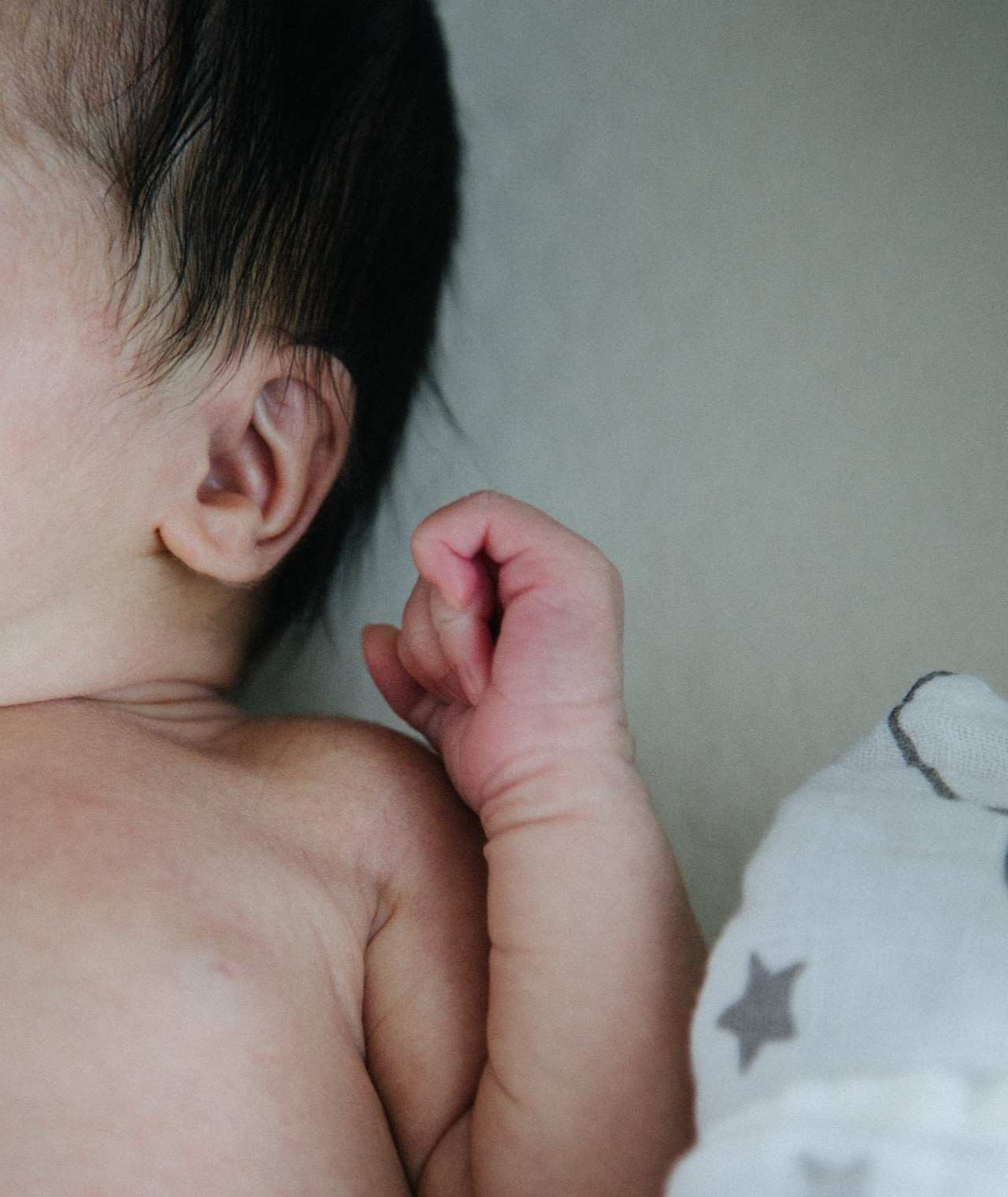Many people who are convinced abortion is wrong hesitate when it comes to the question of aborting babies that have been diagnosed with a lethal disease or abnormality. The moral reasoning against abortion in these cases doesn’t change (the fact that a human being will die in the future doesn’t justify killing him now), but the additional emotional element that’s added into the situation gives people pause. Why go through the pain of pregnancy, labor, and birth for a baby who will not survive? Won’t that just make a tragic situation worse?
Christopher Kaczor’s article “Do Women Regret Giving Birth When the Baby is Doomed to Die?” addresses this question:
This defense of abortion depends in part on an empirical claim about the likely consequences of continuing a pregnancy when the baby has a life-limiting diagnosis. Yet the evidence suggests that almost all women [97.5%] do not regret giving birth, even if their baby is doomed to die, and that abortion in such cases leads to less positive outcomes.
A 2018 article from the Journal of Clinical Ethics, entitled “‘I Would Do It All Over Again’: Cherishing Time and the Absence of Regret in Continuing a Pregnancy after a Life-Limiting Diagnosis,” examines these cases. The authors write, “Some—or perhaps many—people assume that ending a pregnancy shortly after a diagnosis of an LLFC [Life Limiting Fetal Condition] would subsequently relieve regret and lessen the grief parents anticipate from carrying a baby with severe problems.” In fact, however, data “from this study and others suggest that more profound regret comes from failure to spend as much time with their children as they would like, even during pregnancy.”
When asked, “Do you have any regrets about continuing the pregnancy?” the study found an overwhelming and emphatic lack of regret....
Though incredibly difficult, women who continued their pregnancies despite a lethal fetal diagnosis did not regret giving birth but found joy and peace.
Women report a few different reasons for their lack of regret for giving birth to children who will die:
- An experience of love
- Self-transformation and growth
- A chance to meet the child
- Thankfulness for the time they were able to spend with the baby
The article goes on to contrast these positive results with the results that occur when a woman decides to end the baby’s life rather than care for him until his natural death. In sum, “Women who terminated reported significantly more despair, avoidance and depression than women who continued the pregnancy.”
Of course, these studies only address the psychological and emotional impact on the mothers, and these considerations don’t determine whether it’s right or wrong to abort the children (see here for some thoughts on the ethics involved). But I suspect that many women who find themselves in this devastating situation decide to preemptively end the lives of their children precisely because of their fear of what they will suffer as mothers if they give birth to a child who dies. Having this information about what mothers in this situation actually experience could prevent fear from obscuring the moral reasoning against abortion and free them to embrace caring for their children to the end.

